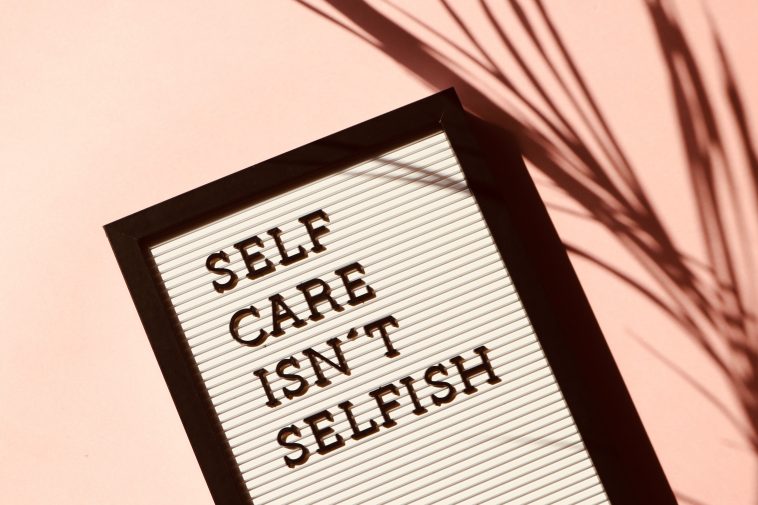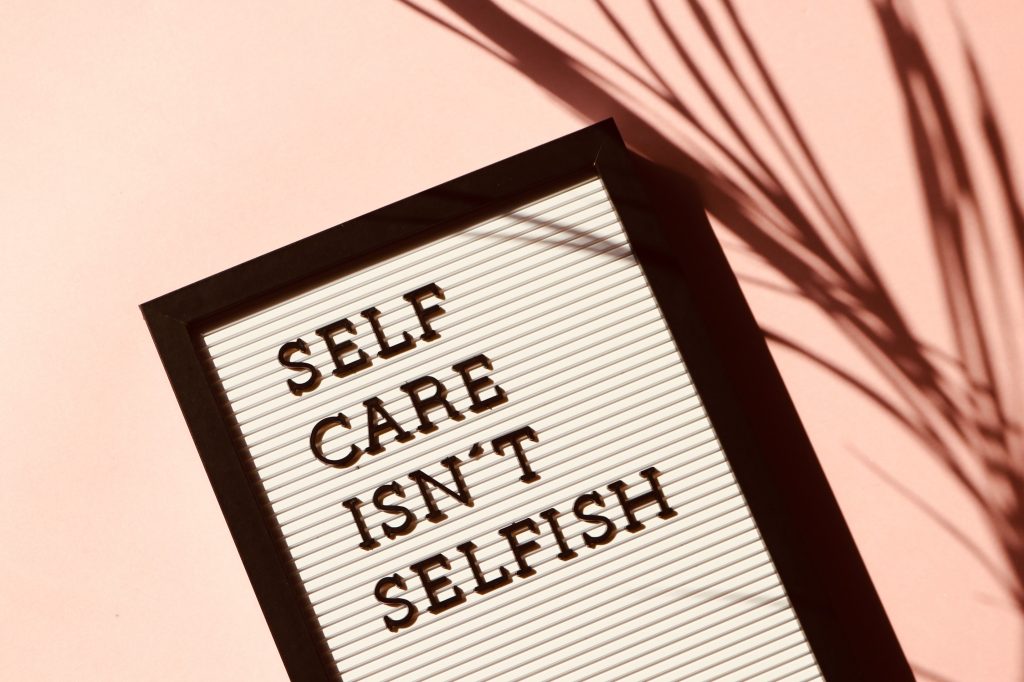In recent years, the healthcare sector has seen tremendous technical breakthroughs. The use of chatbots is one such development that could completely change patient care. OpenAI developed the advanced artificial intelligence(AI) language model known as ChatGPT. It is based on the GPT-3.5 architecture and can generate human-like text in response to prompts. It is capable of understanding natural language and can be trained on specific tasks to improve its performance. In this article, we will discuss how ChatGPT is revolutionizing patient care and its potential applications in the healthcare industry.
The Potential Applications of Chat GPT in Healthcare
Improving Patient Engagement
One of the most significant applications of ChatGPT in healthcare is its potential to improve patient engagement. Chatbots powered by ChatGPT can provide patients with personalized information about their health and medical conditions. Physicians and other healthcare professionals can provide their patients with answers to frequently asked questions as well as specifics on the medications, procedures, and other pertinent information. This can increase patients’ overall engagement in the healing process by making them feel more connected to and invested in their care.
Improving Patient Communication
ChatGPT’s capacity to enhance patient communication represents yet another possible application in the field of healthcare. Patients can speak with chatbots powered by ChatGPT in natural language, making it simpler for them to comprehend and use the technology. This can enhance patient communication and lessen the possibility of misunderstandings between patients and medical professionals.
Automating Routine Tasks
Several common tasks in healthcare can be automated using ChatGPT. For example, it can make appointments, remind patients to take their medicines and tell them the results of their tests. This can free up the time of healthcare professionals and enable them to concentrate on more challenging duties.
Improving Patient Outcomes
ChatGPT gives individualized information to patients on their health and treatment programs, which has the potential to enhance patient outcomes. Patients are more likely to follow their treatment programs and experience better health outcomes if patient engagement is increased, communication is improved, and routine chores are automated.
Diagnoses and Symptom Recognition
The capability of ChatGPT to recognize symptoms and diagnosis is another possible application in healthcare. Patients can be questioned about their symptoms by chatbots powered by ChatGPT, who can then offer potential diagnoses or suggestions for what to do next. Patients may benefit from faster and more effective care as a result.
Support for Mental Health
Patients may also receive support for their mental health through ChatGPT. Chatbots can offer emotional support to patients, respond to inquiries regarding mental health disorders, and even put patients in touch with mental health specialists when necessary. The stigma attached to getting treatment for mental health disorders can be lessened and access to mental healthcare can be improved.
Improvement of Clinical Decision-Making
ChatGPT can also be used to enhance clinical judgment. Chatbots can assist healthcare providers with making more educated decisions about patient care by analyzing patient data and giving them insights and suggestions. This may result in better treatment strategies, more accurate diagnoses, and better patient outcomes.
Helping with Medical Research
ChatGPT is a tool that can be used by researchers to learn more about illness prevention, treatment, and management. This information may result in the creation of new medicines and treatments that are beneficial to patients. It is also helping students in medical education. Students and doctors can get all the information from this system for their development.
The Challenges of Implementing ChatGPT in Healthcare
While the potential applications of ChatGPT in healthcare are significant, there are also challenges to its implementation. Some of these challenges include:
Security and Privacy Issues
Because ChatGPT can gather and retain patient data, issues concerning patient security and privacy are raised. For the protection of patient data and to comply with laws like HIPAA, it is crucial to make sure that the right security measures are in place.
AI prejudice
The potential for bias in AI is another difficulty with ChatGPT use in the healthcare industry. Because AI models can only be as objective as the data they are trained on if the data is biased, so will the AI. The data that will be utilized to train the ChatGPT must be diverse and representative of the patient population.
Limited Adoption
The slow uptake of new technologies in the medical field might sometimes provide problems. If they are unfamiliar with them or do not comprehend their potential applications, healthcare providers may be cautious to adopt new technologies.
Adaptation to Current Systems
Another difficulty is integrating ChatGPT into current healthcare systems. Healthcare organizations may need to make investments in new IT infrastructure to connect ChatGPT to other systems and existing electronic health records.
Regulatory Acceptance
Before being employed in the healthcare industry, ChatGPT may need to receive regulatory approval as it is regarded as a medical device. Healthcare providers could be reluctant to invest in a technology that has not yet received approval because it can be a time-consuming and expensive procedure.
Lack of Trust in AI
Healthcare professionals and patients may be cautious to trust ChatGPT or other AI-powered technologies. This can be the result of uncertainty about how the technology functions or worries about AI bias. To promote acceptance and build confidence, it is crucial to inform patients and healthcare professionals about the advantages and restrictions of ChatGPT.
Insufficient Clinical Evidence
There is a dearth of clinical research to back up ChatGPT’s efficacy in healthcare. Without enough data, it may be difficult to convince healthcare practitioners to adopt this new technology.
Training and Assistance
The use of ChatGPT technology can be difficult for healthcare professionals, as it may require additional training and assistance to effectively use it. Providing ongoing support and instruction may be necessary to help healthcare professionals make the most of this technology.
Conclusion
In conclusion, Chat GPT has the potential to completely transform patient care in the medical field. This technology has the potential to have a tremendous impact on the healthcare sector by enhancing patient engagement, and communication, automating repetitive tasks, and increasing patient results. Yet, there are obstacles to its application as well, including worries about privacy and security, the possibility of bias in AI, and the slow uptake of new technology. Notwithstanding these difficulties, ChatGPT is a technology that could be useful in the healthcare industry.





